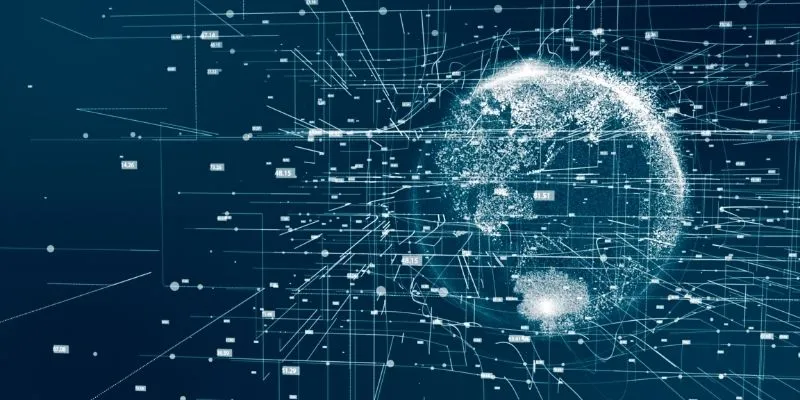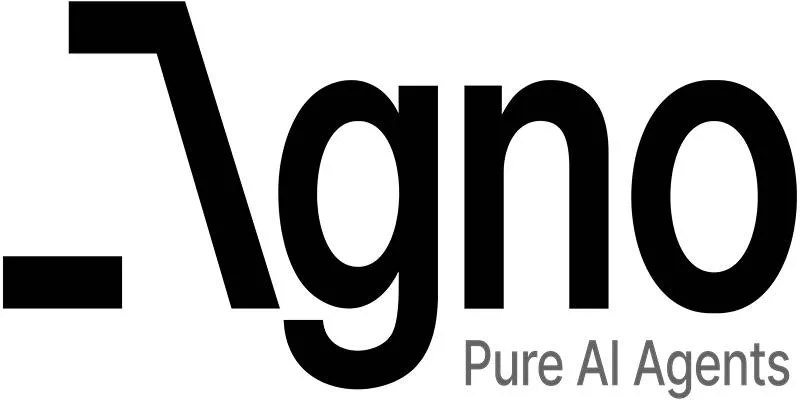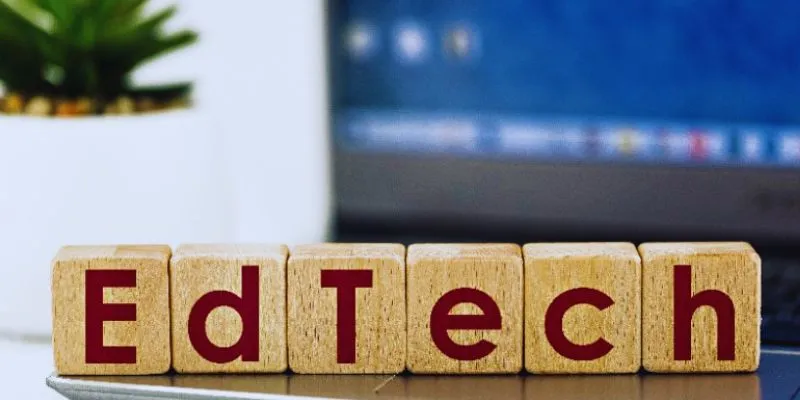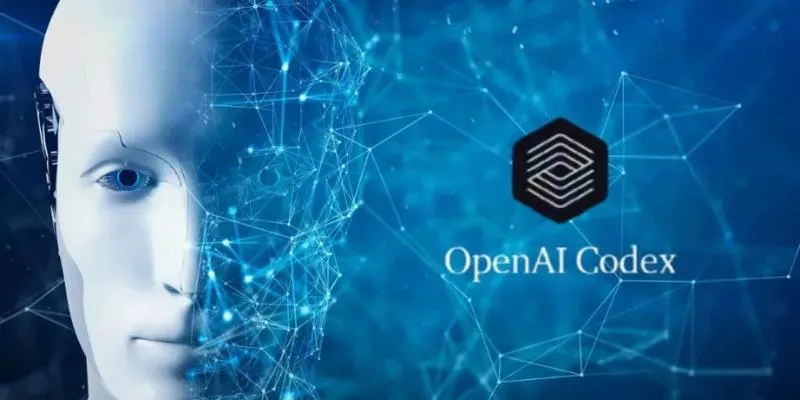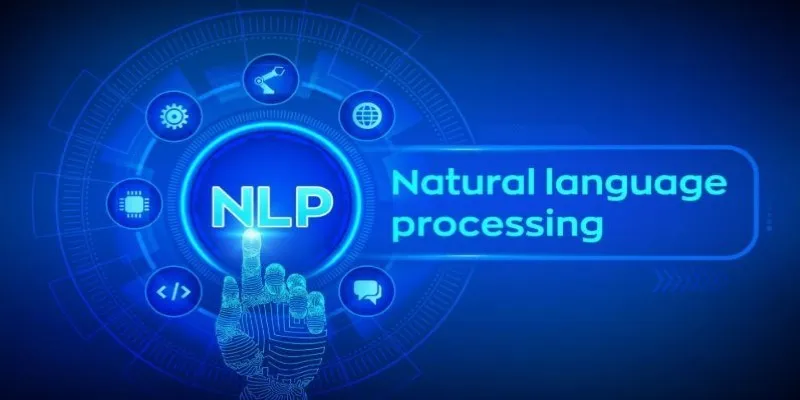Artificial intelligence is advancing faster than many had predicted. One of the major AI firms, Anthropic, has unveiled new guidelines. These rules aim to address growing concerns about artificial intelligence privacy, safety, and ethical behavior. Many analysts believe that Anthropic’s new AI standard could influence future laws. However, critics argue that these rules might create new problems rather than solving existing ones. Today, ethical standards and AI privacy are at the forefront. Understanding the full impact of Anthropic’s actions will take time, but early reactions are already influencing public and business attitudes.
Regulatory agencies are under intense scrutiny. Concerns about anthropic artificial intelligence will likely dominate legislative discussions. As AI adoption increases, there will be a greater demand for clear and equitable regulations. Anthropic’s new approach emphasizes balancing responsibility with innovation.

A Closer Look at Anthropic’s New AI Standards
Anthropic has presented comprehensive rules for controlling AI outputs and behavior. The criteria primarily focus on responsibility and transparency. Businesses adopting Anthropic’s principles must now openly demonstrate their data handling policies and ensure fair treatment for users from diverse backgrounds. Ethical guidelines and AI privacy require systems to manage private data responsibly. Users must have clarity over their data when using AI-powered tools. Anthropic encourages developers to avoid biased or negative outcomes.
Moreover, explainable AI models that are easier to audit are heavily promoted. Major implementations now require transparency reports. Companies must prove how their models align with ethical objectives. Anthropic’s initiative highlights the industry’s need for improved self-regulation to prevent government crackdowns that might stifle innovation. Many business leaders are watching to see if others will adopt similar guidelines, which could have far- reaching effects across the AI landscape.
Growing Privacy Concerns in the AI Industry
Privacy has always been a primary concern in technology. AI complicates privacy issues further. Anthropic’s latest guidelines strive to enhance user data protection. Ethical norms and AI privacy call for more than just basic security or encryption. Today, data-collection practices are under increased scrutiny. Businesses must limit the personal data AI systems collect.
Users should be informed about data collection processes and their usage. Anthropic also advocates for anonymization to better protect identities. Critics argue that, in some cases, the regulations might not go far enough. Stronger policies can mitigate the significant threat posed by data breaches. Cybersecurity experts warn that no system is foolproof. Laws are needed to apply these guidelines uniformly across industries. Without enforcement, the new guidelines might be seen as merely voluntary suggestions. Genuine reform in AI privacy policies requires increased industry-wide collaboration.

Ethical Dilemmas Raised by New Standards
While many agree with Anthropic’s revised policies, ethical debates are intensifying. Some analysts argue that the regulations create new moral dilemmas rather than resolving existing issues. AI systems now have to determine which outputs are ethical or unethical. But who defines these boundaries? Acceptability varies across different cultures. AI ethical norms and privacy must balance cultural sensitivity with universal principles. Automation bias presents another challenge.
If systems appear “ethical,” people might unquestioningly trust AI conclusions. Although Anthropic’s rules advocate for human oversight, is it sufficient? Strict regulations raise concerns about unintended consequences. Censoring content, for instance, may lead to accusations of bias or discrimination. Designing ethical frameworks for AI requires careful consideration by companies. Public opinion should play a greater role in shaping these systems. Otherwise, AI methods could unwittingly exacerbate existing disparities. Anthropic’s standards highlight the complex issues the sector faces today.
Regulatory Responses and Global Impact
Worldwide, governments are closely monitoring Anthropic’s actions. Some countries already have strict AI regulations in place. Others are racing to draft new laws while keeping up with technological advancements. Regulatory issues related to anthropic artificial intelligence will likely prompt policymakers to act swiftly. Europe’s ethical AI development approach could influence global standards. Anthropic’s guidelines might shape the language of future regulations. If more companies follow Anthropic’s lead, industry-wide changes could happen quickly. However, different countries pose challenges. International harmonization of rules will be difficult but essential.
Anthropic’s guidelines emphasize voluntary compliance over legal obligations. Many experts argue that real change cannot stem from voluntary actions alone. Enforcement bodies must ensure fair standards globally. Industry alliances and trade associations could help bridge legal gaps. The global debate on AI ethics is just beginning. Anthropic’s actions might mark a pivotal moment in global policy.
Potential Risks and Unintended Consequences
Although Anthropic’s intentions seem noble, several issues remain unaddressed. Small businesses face risks in trying to meet the new criteria. Compliance costs could stifle innovation for startups. Larger companies with more resources might gain an even greater market advantage. Anthropic’s new AI standard may exacerbate existing tech inequalities. Legal uncertainty poses another risk. Businesses may struggle to interpret and implement the policies.
Confusion could hinder new research initiatives and slow AI adoption. There’s also the risk of superficial compliance. Some companies may have policies on paper but fail to implement them effectively. Regulatory bodies must remain vigilant in identifying violators. Anthropic’s guidelines need regular updates to address emerging threats. As technology evolves rapidly, standards must adapt swiftly. Independent reviewers and public watchdogs should play a leading role. The foundation of AI development must prioritize responsible innovation.
Conclusion
The new AI standard from Anthropic represents a significant step towards addressing contemporary technological challenges. Stronger AI privacy and ethical norms will be crucial in the future. Many analysts believe that Anthropic AI regulatory issues will drive necessary global policy reforms. However, much depends on how rigorously these policies are enforced. Voluntary standards may not lead to real industry changes without strong oversight. The adoption of AI will heavily rely on public trust. While Anthropic’s new AI standards offer hope, they also introduce new ethical concerns. Collaborative efforts among governments, businesses, and individuals will shape AI responsibly.
 zfn9
zfn9



